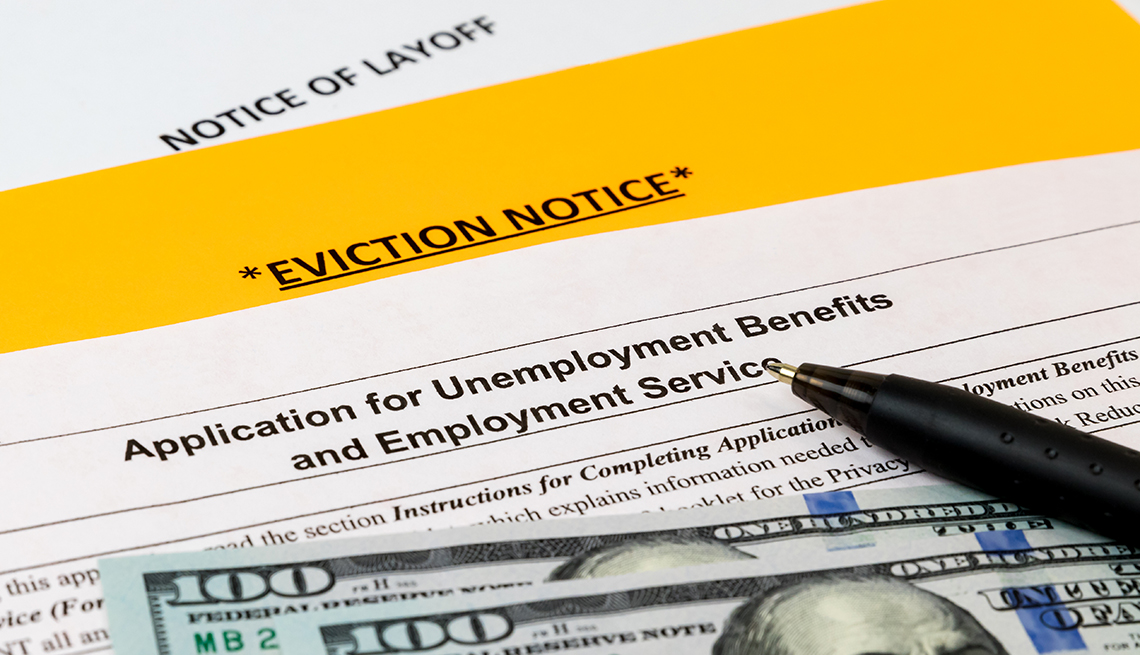AARP Hearing Center
The Coronavirus Aid, Relief, and Economic Security (CARES) Act was signed into law on March 27, providing widespread but temporary relief to many of those affected by the COVID-19 pandemic. Those provisions expire this year — some very soon — unless extended or replaced by new legislation. Here's a timeline of what goes away, and when.
July 25: Eviction relief
The CARES Act gave eviction protection to renters who live in federally subsidized or federally backed housing. It also gave relief to those who rent from landlords who have multifamily mortgages in good standing from the Federal Home Loan Mortgage Corp. (Freddie Mac) or the Federal National Mortgage Association (Fannie Mae). The relief applies only to evictions for nonpayment of rent, and rent is still due. All of those provisions end July 25, and after that date, landlords may give delinquent renters a 30-day notice to leave.
July 31: Unemployment benefits
The unemployment rate in June was 11.1 percent, down from a high of 14.7 percent in April, according to the U.S. Bureau of Labor Statistics. The CARES Act provided for an extra $600 a week on top of regular unemployment benefits. (All unemployment benefits are subject to state and federal income tax.) The program ends July 31.
For the 17.8 million people unemployed, the drop in benefits would be a jolt. In Florida, people receiving the maximum unemployment benefit would see their weekly check fall from $875 to $275. In Maine, the maximum weekly check would fall from $1,045 to $445.































































